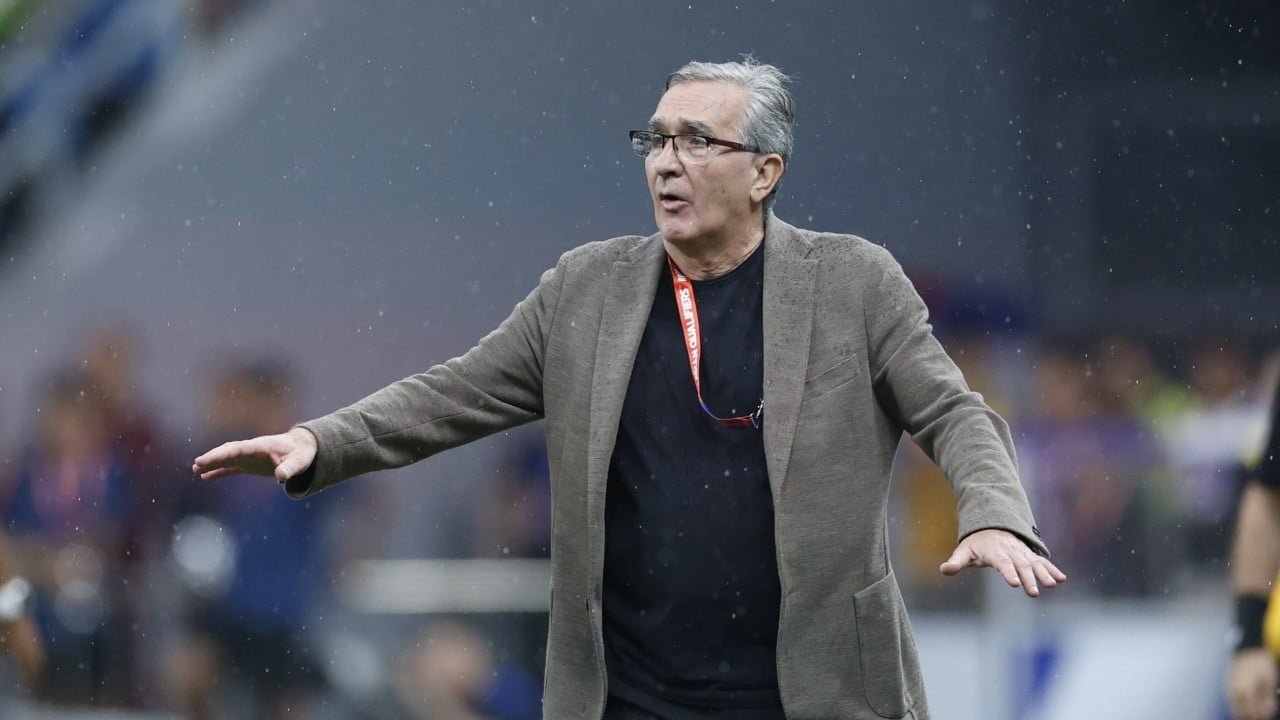

The future of Branko Ivanković with the Chinese national football team is no longer a question, as the Chinese Football Association (CFA) has officially terminated his contract following the team's failure to qualify for the 2026 World Cup. The Croatian coach's departure, which was formalized after discussions on June 13, 2025, at the CFA headquarters, was widely anticipated due to the team's poor performance in the qualifiers. China finished fifth in Group C, managing only three wins in ten matches, a record that rendered Ivanković's position untenable. His contract, which was valid until October 2025, was terminated without compensation due to his failure to meet the agreed target of reaching the fourth qualifying round.
Ivanković's tactical decisions and team selections came under scrutiny during his tenure. His preference for a single defensive midfielder system was deemed unsuitable for the squad, leading to criticism after heavy defeats to Japan, Saudi Arabia, and Indonesia. Despite a brief period where Ivanković looked ahead to the EAFF E-1 Championship (East Asian Cup), the CFA had already decided not to extend his contract. In total, Ivanković managed just four wins in 15 matches, failing to inspire progress in either results or style.
With Ivanković's departure confirmed, the CFA has initiated a search for his replacement, with reports suggesting they are considering South Korea’s Shin Tae-yong for the top football job. Shin, who recently managed Indonesia and guided them to their first Asian Cup knockout stage in 2024, is reportedly being "closely monitored" by the CFA. His success in transforming Indonesia's national team with a blend of local youth and naturalized players has made him a strong candidate. However, Shin's representative has stated that no concrete proposal has been made, as Shin is currently engaged in various activities, including his position as vice president at the Korea Football Association and a non-full-time Director General at Seongnam FC.
While Shin Tae-yong is a potential candidate, the CFA may also consider an interim domestic solution. Zheng Zhi, former China captain and current U21 national team coach, is a leading candidate for a caretaker role. Appointing a new foreign coach would typically involve weeks of negotiation and government approval, making an interim appointment more likely in the short term.
However, there are already signs of resistance to the appointment of a Korean coach within China. Some Chinese fans have expressed dissatisfaction with the idea, with some arguing that Korean coaches are not up to par and that a Japanese coach would be a better choice.
The decision on who will take over as head coach of the Chinese national team is crucial as they aim to rebuild and improve their performance in future competitions. The next coach will face the challenge of revitalizing a team that has struggled to compete with top Asian sides and has not qualified for the World Cup since 2002.